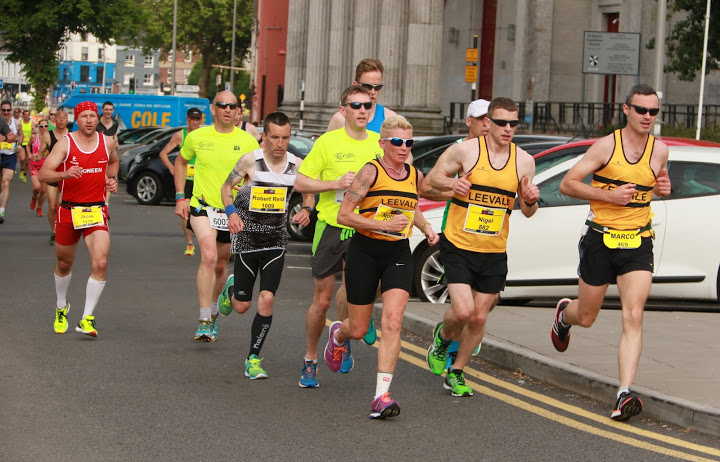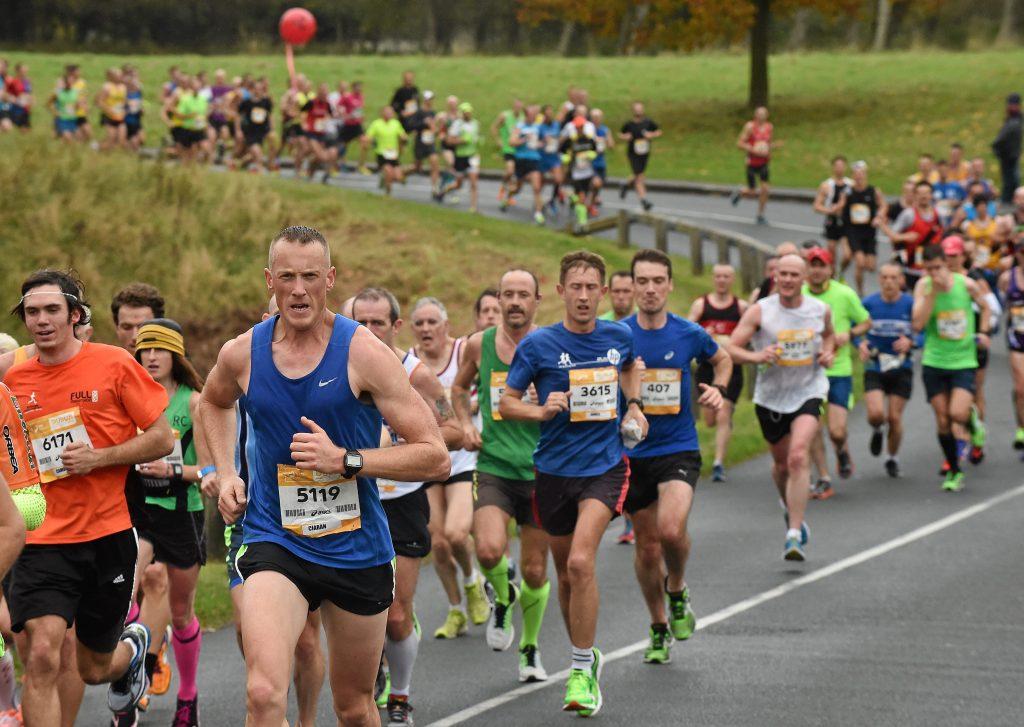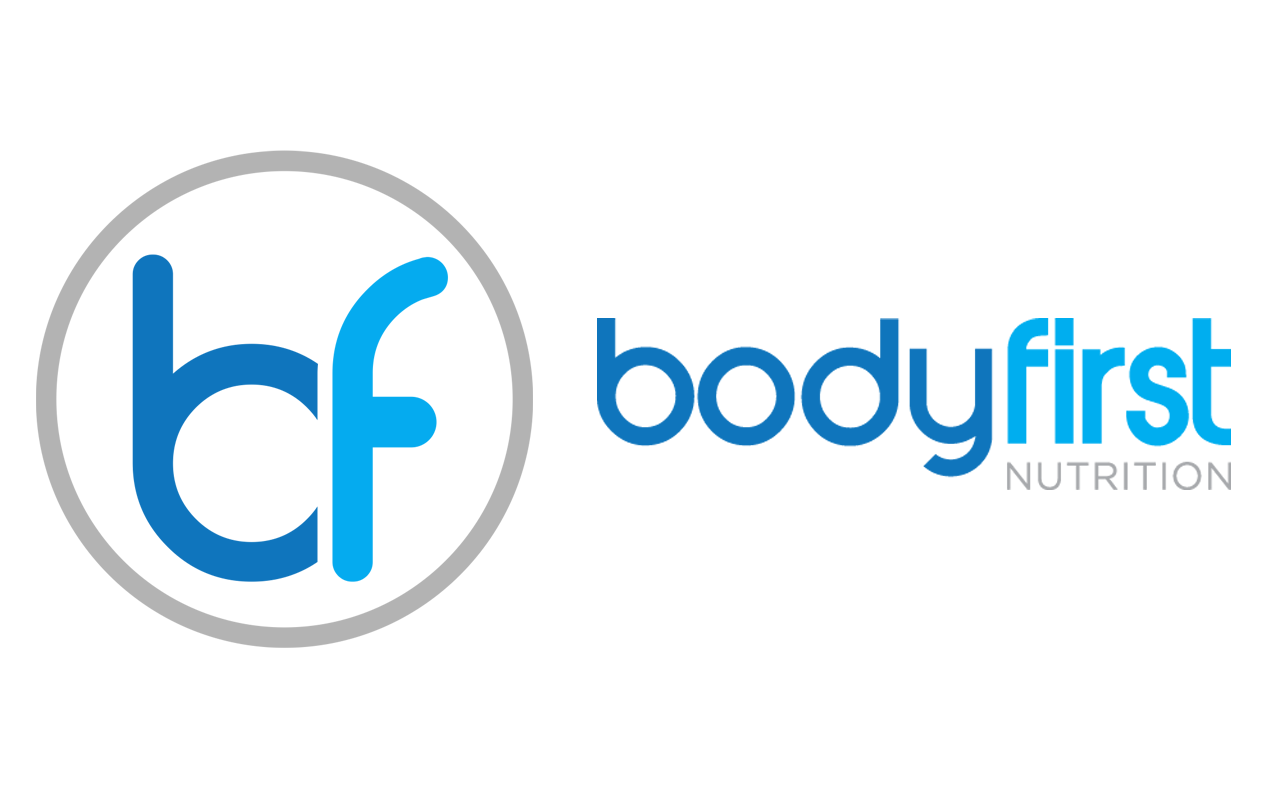How to plan and execute your perfect marathon day…
You’ve spent months training for the big day. Here’s how to get everything right – from getting to the start to crossing the finish line in style.
There is nothing quite like marathon day. The electric atmosphere, the nervous walk to the start and the smell of Deep Heat and nervousness in the air. All of the miles you’ve clocked in training, the conditioning, the battling through wind and rain, and weekends spent on the road – they have all led to this moment. You’ve done all you can to get your body ready – now it’s about your heart and mind, and executing your plan.

What to do before the marathon
• Take your time
Race day generally starts earlier than you might like, and usually after a less-than-ideal night’s sleep. Don’t panic – world records have been broken after a poor night’s sleep. (In fact, Eliud Kipchoge only got about five hours’ kip the night before he ran a sub-two-hour marathon.) Race morning is about staying calm and going through the routines that have served you well in training.
When we’re nervous, it’s all too easy to rush or cut short our meals. Breakfast provides a key part of the energy you’ll need in the race, so it’s worth getting it right. Build enough time into your morning schedule to graze on your practised race-day breakfast for 20-30 minutes, at least a couple of hours before the start of the race. You’ll digest your food better and probably find you can eat a little more, which may be useful later.
• Stick to your routine
Treat today as if it’s the best long run of training and repeat things you have done before successful runs or races. Try to keep to a familiar routine that has worked for you before other races that went well. The foods you eat, the kit you wear and the music you listen to are all part of your mental warm-up.
Get your logistics sorted well in advance. Know which train/bus you’ll catch and where you’ll head when you get off. Find out where the toilets will be. Leaving this until race day could affect your performance because any last-minute uncertainty can make you nervous.
• Focus
You have a choice as you head to the start. You can choose to let the occasion get the better of you, have your head down and reflect on the training you missed and all the reasons why today won’t be your day, or you can use the last couple of hours before the race to your advantage. Mental fatigue has been shown to negatively affect performance, so the hours before the start should be an opportunity to calm yourself and to focus on the race ahead.
• Create a bubble
It’s very easy to be caught up in the chatter of others before a big marathon. Put yourself in a protective bubble. Consider turning your phone off, perhaps listen to some music and run through a mental list of five reasons why today will go well for you. Whether it’s the training sessions you nailed, or the cause you are running for, find your positive bubble.
• Save your legs
You’ve got plenty of miles to warm up so don’t worry too much about an extended warm-up before the race. A couple of minutes of gentle jogging to check your lacing comfort and mentally prepare is enough. Staying cool during the race can aid your performance, so don’t overdress. Hats, gloves and arm warmers can easily be removed in the first few miles; long sleeves and tights cannot.

How to run the first quarter
• Start steady
The first two to five miles of a 26.2-mile race tend to feel pretty easy. For this reason, the biggest mistake made by runners – from beginners to veterans – is going off too hard. It’s true that data suggests most PBs are run with a slight ‘positive’ (running the first half faster than the second) split by one or two minutes or so, but if you get greedy and try to ‘bank’ more time than that, the last six miles are going to hurt – a lot.
• Be realistic
We all set ourselves targets and often those are best-case scenarios. But if the wind is strong or the temperature is high, try to adapt and manage your expectations. On average, runners will slow by around four seconds per mile for every degree of temperature over 15C.
• Fuel early
Many runners under-estimate their marathon fuelling or leave it too late in the race. Spread your gels, energy drink or other nutrition products evenly through the race. Ideally, runners should be taking on 60-80g of carbs per hour – it’s wise to practise this in training. This intake will probably mean you are taking on a couple of gels per hour, supported by some energy drink.
Running the second quarter
• Stick to your plan
The second quarter of your marathon is a time to enjoy the race-day atmosphere, but don’t neglect your plan. Your legs should be feeling good now that you have warmed up, the adrenaline is still pumping and you may find that your pace starts to drift up. Use a pace band (a list of all the mile splits you are aiming for at your goal pace) and check your mile splits against the markers on course – that’s a more accurate metric than relying solely on your GPS’s pace reading. Stick to your pacing plan – the hard miles are yet to come.
• Use your mantra
This is the section of the race when it is easy to get caught up in what other people are doing. Just because the runner next to you is taking on a gel every couple of miles or beginning to push the pace doesn’t mean you have to. A visible mantra or cue word can help bring you back into your zone – write it on the back of your hand. ‘Focus’, ‘relax’ and ‘rhythm’ are all words I have used in the past.
• Details matter
At the risk of stating the obvious, a marathon is a long way, and the small details can add up to create success – or to undermine it. Stick to the shortest route, which is often marked with a line on the road. Running wide at corners, hopping kerbs and weaving around other runners can add metres and seconds on to an already long race.

After halfway
• Find a pack
The halfway distance point has ticked by, but you’re not halfway through your marathon effort just yet. The next part of the race is about reaching the 20-mile mark safely and getting ready to chuck everything you’ve got at the final six miles or so. These miles can be challenging. You have lots of work already behind you, but you still have a way to go. Try to focus on the process of running, not the finish line just yet. Many runners find these miles tick off easier if they can settle into a group that is running a similar pace. That unspoken connection and shared effort with strangers is what makes the marathon special for so many of us.
• Expect a rise in effort
You need to become comfortable with the fact that the marathon will start to feel uncomfortable. That’s normal, but it’s easy to start to talk yourself out of the race at this point. Turn your watch around and work to perceived effort in the second half of the race. You’ve got a rhythm now; centre in on what your body is doing, not what your watch is saying.
• Check yourself
I like to use this section of the race to run through routines to prepare for the final six miles. Go through a mental checklist as you gather yourself for the final big effort. Resetting yourself physically can be a great way to get ‘centred’. Cues such as ‘face and shoulders relaxed’, ‘high hips’, ‘crisp cadence’ and ‘light footstrike’ were on my list – decide on yours and use them to steady yourself.

The final stages
• Embrace the task
‘The race begins at 20 miles, everything else is just transport’ is one of the maxims that sum up the toughest section of the marathon. And it’s true that the final six or so miles of the marathon do require a disproportionate amount of your mental and physical effort. The final quarter of the race is what makes you a marathoner. Don’t fear the struggle, embrace it – it’s why you lined up in the first place.
• Dedicate the miles
Research has shown that having a self-transcending motivation can help improve sports performance. Use that now. Dedicate each of the final few miles to someone important in your life. This will help you tap into that broader motivation but also break the final bit of the race into manageable chunks.
• Fuel creatively
Right up until the last couple of miles, taking on fuel can still help you, but you might feel you’ve had enough. Studies have shown there are benefits to just rinsing your mouth with carbohydrate drink before spitting it out. So if you feel you can’t take on any more, give that a try.
• Race it home
Even at the end, it’s still a race; remembering that helps you push through the final mile or two to the finish. Pick a vest 20-30m ahead and see if you can reel the runner in, then pick another. See if you can pull others along with you, too. Good luck!
Source: Tom Craggs, runnersworld.com


